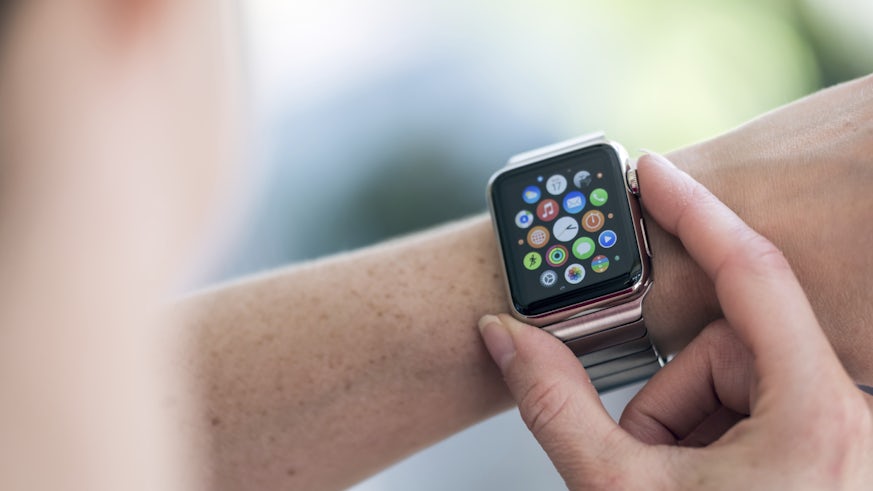Communication becomes elementary with digital SHERLOCK
1 October 2015

Computer scientists create novel digital assistant to help people communicate more effectively with computers than ever before
A new digital assistant which can be used to help people in scenarios from emergencies to festivals has been unveiled by scientists from the School of Computer Science & Informatics.
The team has created a digital assistant called SHERLOCK (Simple Human Experiment Regarding Locally Observed Collective Knowledge) for smartphones and tablets, like Apple's Siri or Microsoft's Cortana, which allows users to ask questions and quickly receive a response.
But SHERLOCK takes this one step further by using a novel “controlled natural language”, which ensures that the software and its users understand one another, enabling SHERLOCK to act on the information it’s given in a robust way.
Unlike most digital assistants, users can tell SHERLOCK things and it can use the information it’s told - combined with things that other users tell it - to build a “local knowledge base” allowing it to work out new information and take actions.
Researchers say SHERLOCK can therefore be used to help people communicate more effectively with computerised systems than ever before. For example, in a ‘smart’ home you could tell it, "I'm feeling cold", and it could adjust the heating or suggest closing open windows.
Similarly, it can also be used to collect and process ‘crowdsourced’ information. At a festival it could help people work out where the busiest and quietest food areas are, or in an emergency it could help medical teams – or even aerial ‘drones’ – to find people needing aid, based on eyewitness reports.
Professor Alun Preece, School of Computer Science & Informatics, explained: “People like to communicate with computers using natural languages like English, which are hard for computers to understand and process".
“SHERLOCK can therefore be used to help people communicate more effectively with computerised systems.”
“We believe we’re unique in putting Controlled Natural Language technology literally in people’s hands - and, with the Watch app, on their wrists - with the aim of enabling better human-machine understanding and collaboration.”
Families got the opportunity to experience SHERLOCK in action recently when Professor Preece demonstrated the new technology at the BBC Make It Digital event in Cardiff. He explained the research ideas behind SHERLOCK and invited the audience to participate in a crowdsourcing game, using their own smartphones.
The SHERLOCK Apple Watch app has also been unveiled for the first time at the University of Maryland, College Park, USA recently. Prof Preece demonstrated it using a simulated emergency
response scenario where people on patrol can use “smart” watches to provide information to SHERLOCK, allowing it to help protect the public during a crisis.